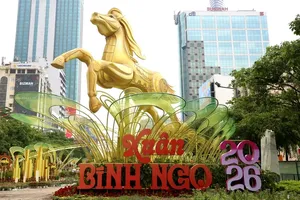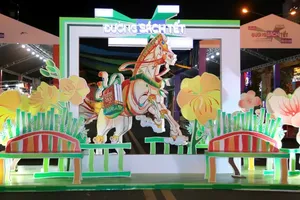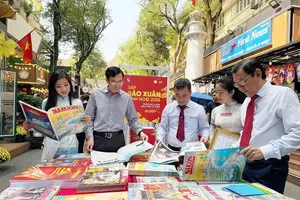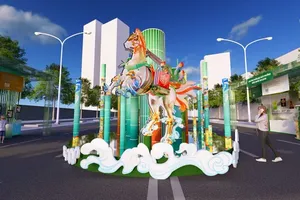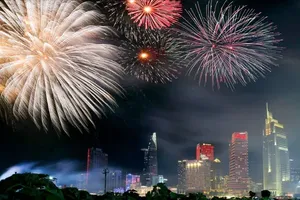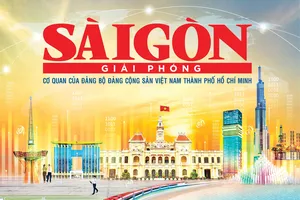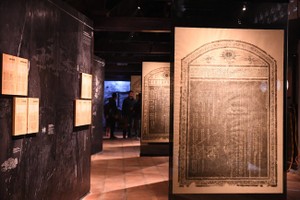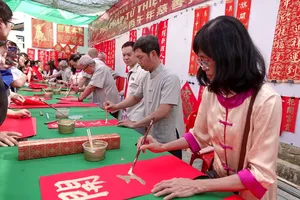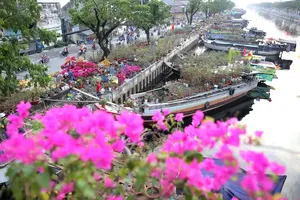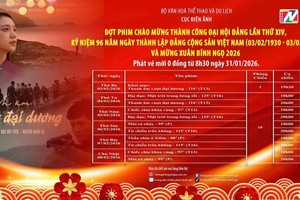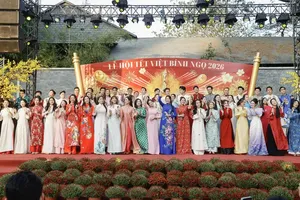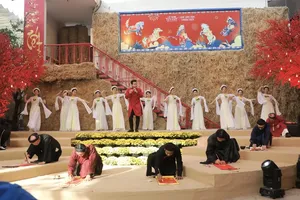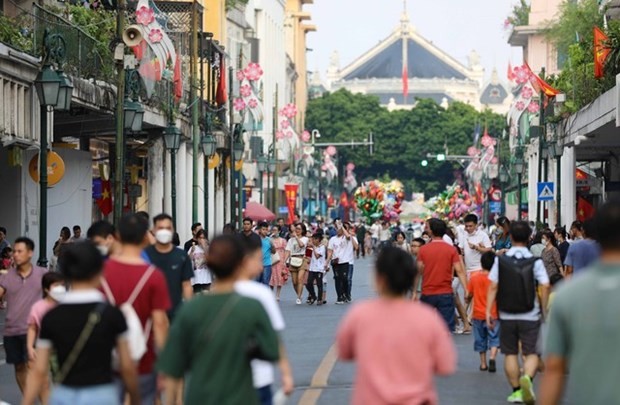
The capital city has participated in the network with the aim of turning cultural resources and creations into the foundation for its sustainable urban development, said Director of the municipal Department of Culture and Sports Do Dinh Hong.
The membership has helped the city set out new objectives for cultural development, inspire creativity and envision its new brand in the international arena, he continued.
Over the past four years, Hanoi has coordinated with relevant sides to launch many creativity-based contests for people from all walks of life, especially youths, which have contributed to its urban construction and sustainable development.
Notably, walking streets, including those around Hoan Kiem Lake in the heart of the capital, the Son Tay ancient citadel, and the Dao Ngoc-Ngu Xa neighbourhood, stand as vital hubs for leisure and recreation, catering to both tourists and locals.
The city has launched various exhibitions held at the Hanoi Museum, the UNESCO-recognised Thang Long imperial citadel, and the Van Mieu-Quoc Tu Giam (Temple of Literature Complex), and created many cultural and creative spaces such as the digital exhibition marking the 500th death anniversary of Italian painter Raphael (1483-1520), and an exhibition themed “Fabric scraps” displaying artworks made by the disabled.
An outstanding example is the Hanoi Creative Design Festival 2023 held last November with 60 events and activities, which served as a platform for the exchange and display of creative activities in various areas in the city.
Hanoi has always paid attention to international cooperation in this regard as reflected through its organisation of many seminars and workshops on creative cities and cultural industry at home and abroad, as well as its participation in similar events.
The city will launch more creative activities, focusing on its heritage elements, to create a foundation for its sustainable development, while stepping up communications work to promote creativity among the public.
The UNESCO Creative Cities Network was created in 2004 to promote cooperation with and among cities that have identified creativity as a strategic factor for sustainable urban development.
Almost 300 cities around the world which currently make up this network work together towards a common objective: placing creativity and cultural industries at the heart of their development plans at the local level and cooperating actively at the international level.
